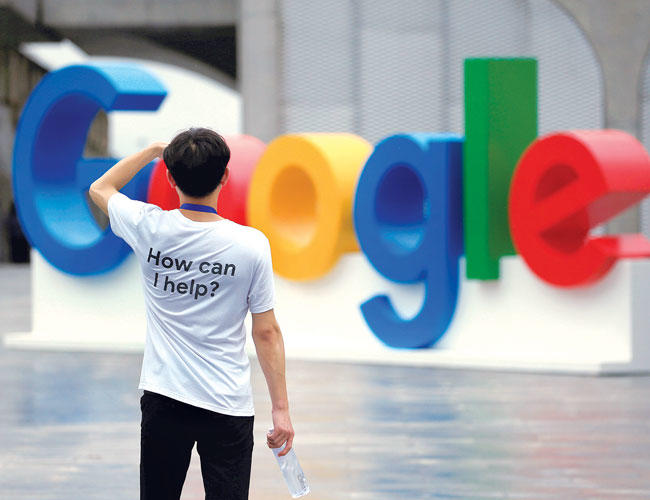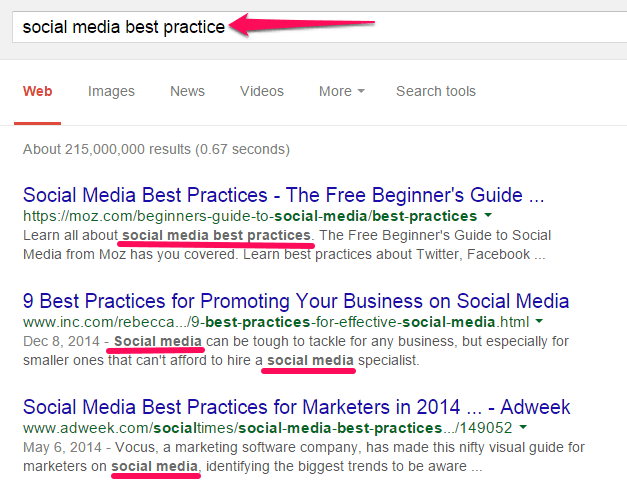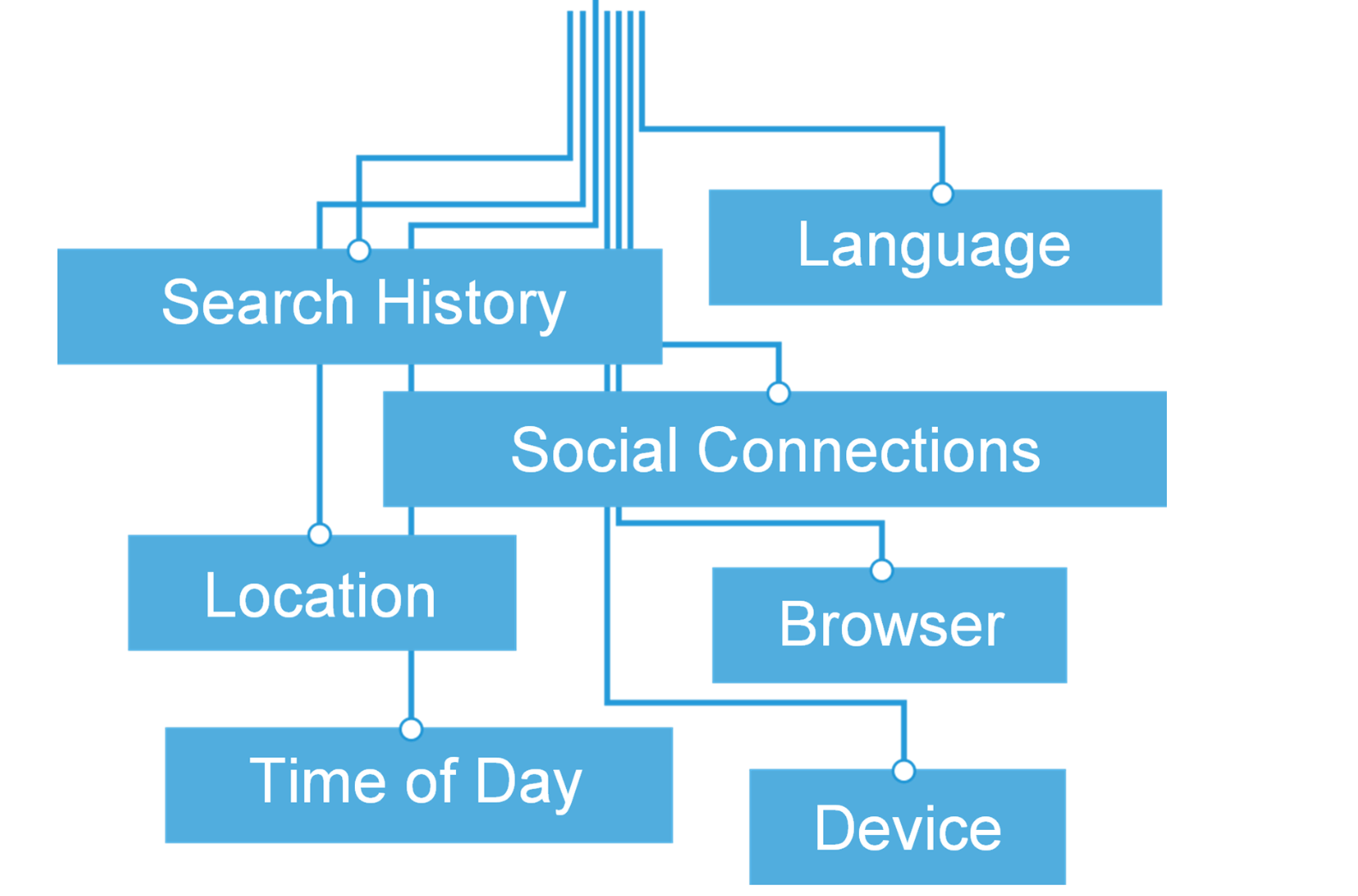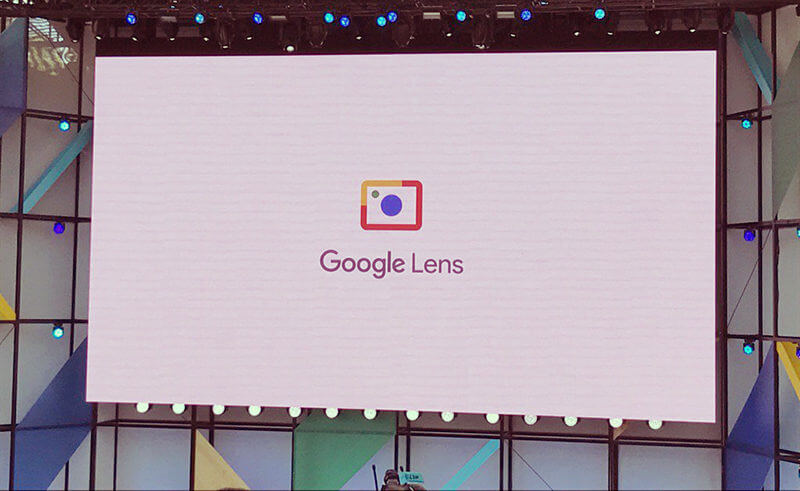Google officially turned 20 years old and to mark the milestone, Ben Gomes (VP, Search, News and Assistant) spoke at an event in San Francisco introducing us to the new age of Search. Gomes stated that over the decades, the central ideas behind Search have remained the same: bringing the most relevant information to users


Google officially turned 20 years old and to mark the milestone, Ben Gomes (VP, Search, News and Assistant) spoke at an event in San Francisco introducing us to the new age of Search. Gomes stated that over the decades, the central ideas behind Search have remained the same: bringing the most relevant information to users as fast as possible.
Google prioritizes serving the needs of a user, offering them relevant and superior quality of information. The core idea at Google Search has been to answer queries made not just yesterday or now but also the ones that might be made tomorrow. Google Search is dedicated to testing all changes they make through rater guidelines that reinforce their search goals.
At the event, Ben Gomes spoke,
“When Google started 20 years ago, our mission was to organize the world’s information and make it universally accessible and useful. That seemed like an incredibly ambitious mission at the time—even considering that in 1998 the web consisted of just 25 million pages (roughly the equivalent of books in a small library).”
He added that with this 20th anniversary of the global search engine giant, Google has decided to step into the next two decades of search with some “fundamental shifts” namely:
- “The shift from answers to journeys”
Nick Fox (Vice President of Product & Design, Search and Assistant) stated that Google will now be more focused on not only offering quick answers to queries but also understanding the journey behind these queries.
Certain queries aren’t just a one time query. They may span days or even weeks depending on the intent behind the query. For example, if there’s a certain book you have been eagerly waiting for or an author you are particularly curious about, you may end up making the same search over and over again to keep a tab on the new developments.
You may be looking for the latest research papers on a certain species or just checking out new but simple and low-calorie breakfast recipes every day. But what if Google keeps showing you the same results every day? How long will you keep scrolling down and turning the page to find results you haven’t already frequented? Keeping this in mind, Google has teased new features to help you get answers to not just quick queries but an entire query journey.
Activity Cards
Google Search will now let you pick off your online search journey from right where you left it with the help of activity cards. If you are making the same search query concerning a task, Google will show you your activity card containing information on pages that you have already been to along with the related queries you’ve made earlier.
Nick Fox added that this will help users retrace their activity on Google search and save time by not visiting website and pages they have visited before.
Also, users won’t always see the activity cards on every search and they will get complete control so as a user, you can pick what you want to see on your activity cards by tailoring your history. You can pause a particular card and even remove it permanently. Fox further teased the arrival of these activity cards in the later part of the year.
Collections for tracking searches
Collections will now let users navigate long search journeys better. Users will be able to add the content (website, article, photograph, video, etc) they find relevant to the collection and visit it later when they want to go through it.
The new collection option will let users add whatever content they want to visit/revisit later directly from their activity cards. Users will also get content suggestions that will improve their search experience.
Dynamically organized search results


The dynamically organized search results will better direct users to relevant subtopics so users get everything they have been looking for in just a single search. For example, if you search for “chemically treated hair”, Google will show you much more than just a variety of search results. You will see more relevant tabs like how to care for chemically treated hair, the myths surrounding chemically treated hair, etc.
Google claims that thanks to the evolving nature of Google’s Algorithm, the machine learning will train it to grow overtime. So, Google will show you more relevant and the freshest information available every time you make a search.
The dynamic page is available for some specific queries and Google is intent on expanding the feature with time.
Topic Layer (Knowledge Graph)
Google search takes interest of the search query and the evolution of the intent over time to implement these intelligent updates. The existing knowledge graph is going to receive the new topic layer that has been designed to understand a topic in-depth. This topic layer will also focus on how interests evolve over time as the expertise develops.
Topic Layer will help users find more relevant and intelligent search query suggestions especially when they don’t have the next query in mind.
- “The shift from search queries to query-less search”


Kevin Corby, Group product Manager of Google confirmed that Google is now stepping towards a query-less era of search.
Almost a year back, Google feed made its way to people and the concept has evolved rather dramatically as there are more than 800 million people using it every month. He also introduced Google Discover to the world as the new update that Google is stepping into the future with.
Google Discover will give fresher exploration experience to users. The design updates include topic headers for cards, discover icon, follow button to explore more, etc. Moreover, it will now include more evergreen content sources to keep you subscribed users to healthy and fresh content.
Moreover, Google Discover involves Topic Layer in Knowledge Graph to better predict more search queries for users. Karen Corby further stated that Discover will detect your state of understanding of a particular topic. Google Discover is all about serving you with the best relevant content and not just something that got published a minute ago or is heavily optimized. For someone exploring Maldives as a honeymoon location, an article on the best romantic destinations in Maldives published over 6 months back may be useful.
However, if you have already been to Maldives once and want to explore more, Google Discover will smartly serve you with advanced results based on the results you have already frequented before.
So, Google Discover lets you find more relevant results without having searched for the query specifically.
Google Discover will let users speaking multiple languages squeeze the most out of it. As of now, the support for English and Spanish is available.
Google.com on smartphones will soon be making Google Discover available in coming few weeks.
- “The shift from text search to visual search”
Cathy Edwards, Director of Engineering, Google Images stated that Google Search will now focus on prioritizing websites with visual content that is central to the page idea and content. The higher the image is on the page, Google will prioritize the website.
Users will be able to see this change starting this week itself with Google showing more results with context surrounding images on Desktop. It has been live and functional on Mobile for quite some time now. Captions will play a stronger role as they will indicate more information regarding the page title.
Google Lens, AI and visual search


Google Lens has been sweeping people off their feet for a year now and Google Search is now bringing Lens to Google Images. Users will now be able to use Lens to get more relevant images that are similar to the image they clicked. The bigger benefit is that the resulting images may contain more relevant links to product pages so the results will shorten and simplify a prospect’s journey to purchase.
Users can draw on the image or just a section of it to further narrow their search using Lens.
Concluding the event, Ben Gomes stated that Google will now be able to understand languages like never before. The AI advancements are going to make it a more fertile search landscape for users keen on finding relevant and valuable results in least time possible.
Gomes further stated the importance and evolution of Google Search through AI (with the term “neural network”).
What does this mean for Search Marketers?
Search Marketers have been aware of the growing extent of Artificial intelligence (Neural Network) integration into Google Search.
With the San Francisco statements, it’s best to assume that Google is going to make search as visual oriented and query-less as possible.
Search Marketers need to focus on tailoring their campaigns to best suit the intent keeping in mind that the users want the results yesterday, not today or tomorrow. People making searches on Google aren’t focused on keywords as much as they used to so marketers will need to design their campaign to suit the visual needs of the users.
Moreover, Google is keen on evolving a lot like Facebook using the visual search format. It’s no surprise that search is more mobile oriented these days but marketers need to empathize with users and serve content to suit their needs based on their search journey.
With the growing advancements, it’s safe to say that haphazard Content (visual, blogs, etc) designed to primarily rank a website will become obsolete. Google is intent on offering users a valuable experience while personalizing their journey so they don’t have trouble keeping tracing their steps back. Search Marketers need to accept and adapt to this evolving trend of “search journey” not “keyword search”.

